Financial Networks: "A complete overview of interbank exchanges would help prevent a new financial collapse"
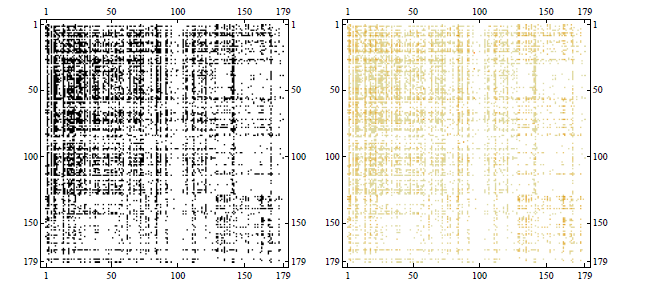
A complete overview of interbank exchanges would help prevent a new financial collapse. However, banks do not provide this information: this is why a “network reconstruction” methodology to infer the unobserved connections is needed.
"A digital app can help reconstruct the virus transmission contact network"

Directly or indirectly networks played a crucial role during the Corona health crisis. During this online event the speakers shed light on the relevance of networks in combating the epidemic, each one from a different point of view, namely from that of the exact sciences, medicine, communication and social sciences respectively.
Synchronization in the body-clock
The body-clock, which is a cluster of neurons in the brain, has the same structure in all mammals, which is remarkable. It consists of two groups: two-communities of neurons that are strongly linked within each community and less strongly linked between the communities.
The golden rule of staffing in contact centers

We can all agree, a no. 1 source of frustration is the endless waiting on hold for a call center agent to pick up the phone. Interestingly, over the last 111 years mathematicians have been working on a vast theory to solve this call center inefficiency.
How parallel computing can be (in)efficient
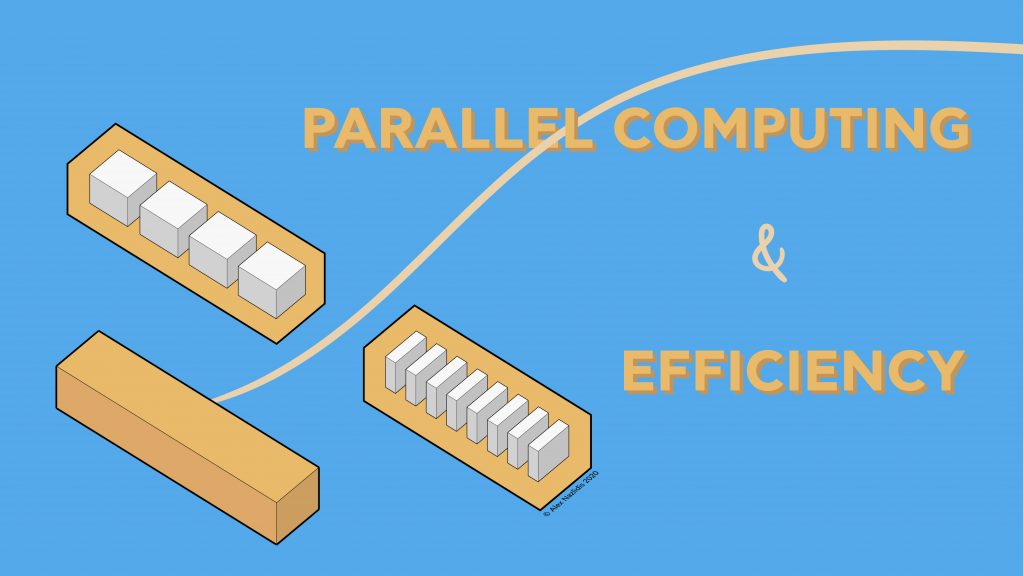
Today, we demand much more from our devices and we take for granted that they all work nice and fast. Without realizing, we usually greatly value a speedy processing of our tasks. Speed is thus of the essence, but how do current-day devices cope with this? The answer: your devices can multi-task.
Aida B. Paalman-de Miranda: a topologist from Amsterdam
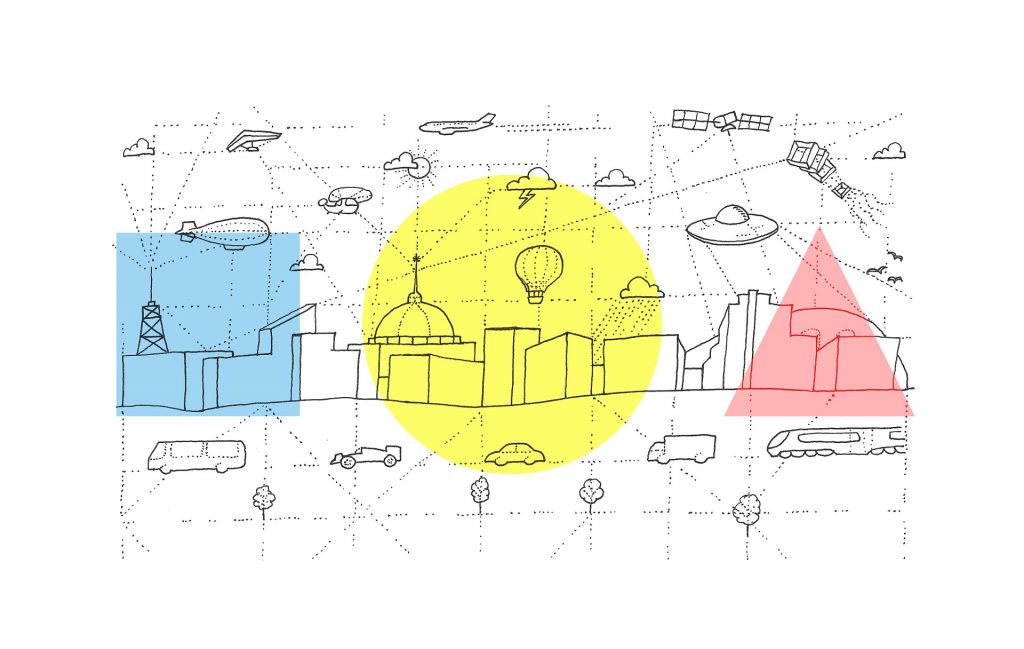
On 11 May 2020 Prof. dr. Aida Beatrijs Paalman-de Miranda passed away. Aida (Ietje) Paalman-de Miranda was professor of mathematics between 1966 and 1997 at the Korteweg-de Vries Institute, the mathematics research institute of the University of Amsterdam.
The eerie phenomenon of quantum entaglement
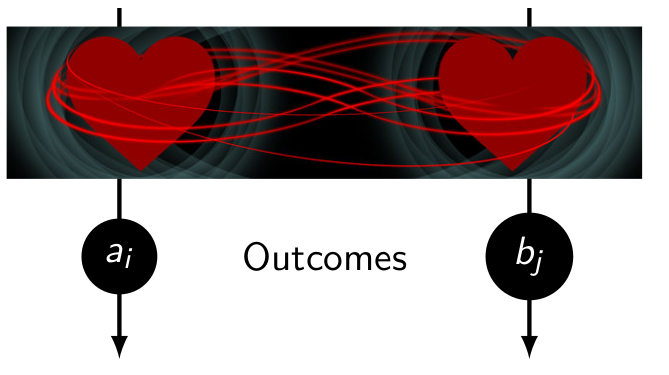
In this article, I will discuss the weird phenomenon called quantum entanglement, to which Albert Einstein referred as "spooky action at a distance".
How the schedule in the TATA Steel Chess Championship forced Carlsen to help Caruana win

Every January, the best chess players in the world compete in the TATA Steel Chess Championship, organized in Wijk aan Zee (The Netherlands). Among this year’s fourteen participants were Magnus Carlsen, world no. 1, coming into the tournament with an unbeaten streak of 104 matches, and Fabiano Caruana, the world no. 2.
The Mysterious R explained in simple terms
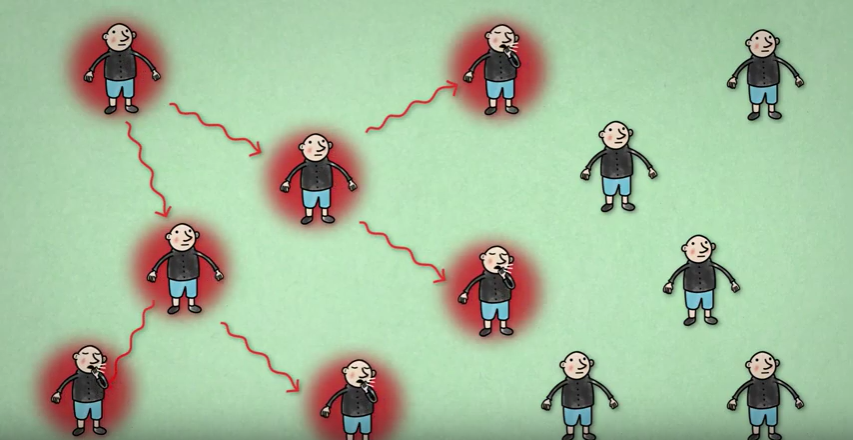
During the Corona pandemic the reproduction number  appeared in much of the media. While it is not at all obvious what this quantity measures exactly, it is obvious that making it smaller than 1 really is crucial in controlling the spread of the virus. So what is this
appeared in much of the media. While it is not at all obvious what this quantity measures exactly, it is obvious that making it smaller than 1 really is crucial in controlling the spread of the virus. So what is this  really?
really?
Scale-free networks, a controversial topic solved by extreme mathematics
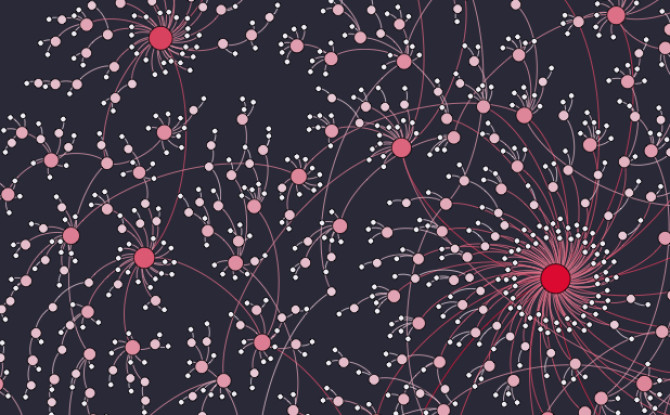
In 2016 a company calculated that the average number of followers in Twitter was about 707. Although this might already sound like a lot, it pales in comparison with the top Twitter users. There are currently more than 100 users that have more than ten million followers. Some, like Barack Obama or Katy Perry, even have more than one hundred million followers, which is roughly 140.000 times larger than the average.
